This collection of seminal essays of one of India’s leading historians and educationist, was written during the last ten years. Providing a comprehensive view of medical India, the volume deals with the four main themes of evolution of state, role of towns and urbanism, the historical and maritime traditions, and cultural pluralism. Satish Chandra examines India’s worldview, based on Buddhist and Hindu concepts and Kautilya’s mandal theory and explores its linkages with foreign policy Jawaharlal Nehru. His essays on the evolution of state in medieval India underline the deeply hierarchical society and accelerating process of economic change and draw contrasts with the more traditional Rajput and Maratha state formation. Investing the historical functions of town in Asia, the author also discusses the culture role of towns such as Delhi, and the economic character of qasbas in Western Rajasthan. In a related essay, he considers the socio-cultural milieu of the pluralistic traditions of Sufism and Bhakti in India and Pakistan. The book also provides a synoptic view of India’s maritime traditions. Analysing the factors behind Mughal refusal to build a navy, Chandra argues that Aurangzeb felt this would unite all European Powers in opposition. Underlining the social factor, he also asserts that the Mughal amirs preferred leading cavalry units to commanding ships. Towards the end of the volume, the author surveys the role of three leading Indian historians –Ishwari Prasad, R.P. Tripathi, and S. Nurul hasan-in promoting a more critical and secular view of medieval India. In a concluding historical assessment of the last fifty years, he highlights the role India could play in a challenging world order. This collection will be of great interest to scholars and students of medieval and modern Indian history, politics, and cultural studies.
State, Pluralism, and the Indian Historical Tradition
$45.00
$50.00
In stock
Free & Quick Delivery Worldwide
All orders amounting to US$ 50 or more qualify for Free Delivery Worldwide. For orders less than US$ 50, we offer Standard Delivery at $14 per book.
ABOUT THE AUTHOR Satish Chandra
Satish Chandra (b. 1922) is among a select band of historians who helped to give a new shape to Indian history after independence. He was Professor of History, Jawaharlal Nehru University and Vice Chairman and Chairman, University Grants Commission (1972-81). He taught at the Universities of Allahabad, Aligarh Muslim, Delhi and Rajasthan. He was Smuts' Visiting Professor, Cambridge University (1971) and Associated with many national and international agencies. He was secretary and later President, Indian History Congress (1973), Council Member, United Nations University, Tokyo (1980-86), Associate Director of Research, Maison des Sciences de I'Homme, Paris; Member, Executive Board, International Congress of Historical Sciences, Paris, etc. He was also Chairman of the Committee to review Civil Services Examination in Delhi. He had written and edited many books on Medieval Indian History, and the Indian Ocean History and published a large number of research articles in national and international journals. Some of these have been brought together and published in three monographs. Presently, he is Executive Chairman, Maulana Azad Institute of Asian Studies, Calcutta and Secretary-cum-Treasurer, Society for Indian Ocean Studies. He is also the Secretary of the twelve volumes comprising History of India scheme prepared by the Indian History Congress.
reviews
0 in total
Review by Anonymous
Be the first to review “State, Pluralism, and the Indian Historical Tradition” Cancel reply
You must be logged in to post a review.
Bibliographic information
Title
State, Pluralism, and the Indian Historical Tradition
Author
Edition
1st ed.
Publisher
Oxford University Press, 2008
ISBN
9780195696219
Length
viii+196p., Notes; Maps; Index; 23cm.
Subjects
more by Satish Chandra see more
similar bookssee more
Framing Geelani, Hanging Afzal: Patriotism in the Time of Terror
The parliament attack case ...
$34.20
$38.00

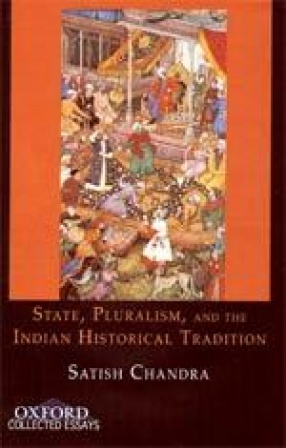
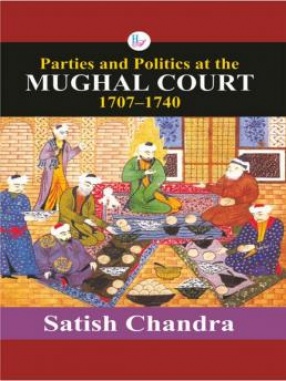
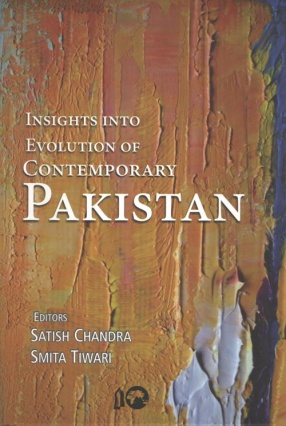

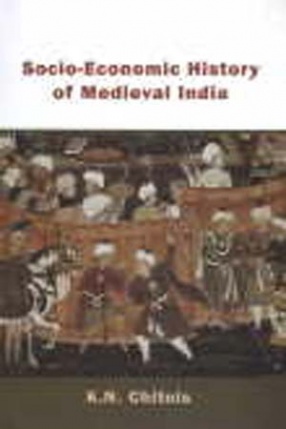
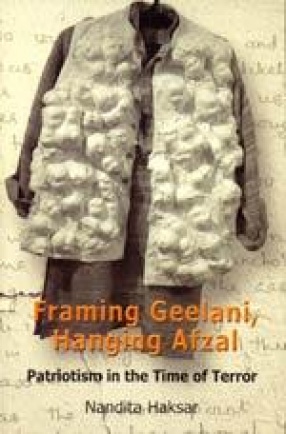
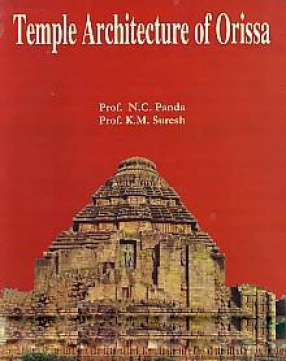
There are no reviews yet.